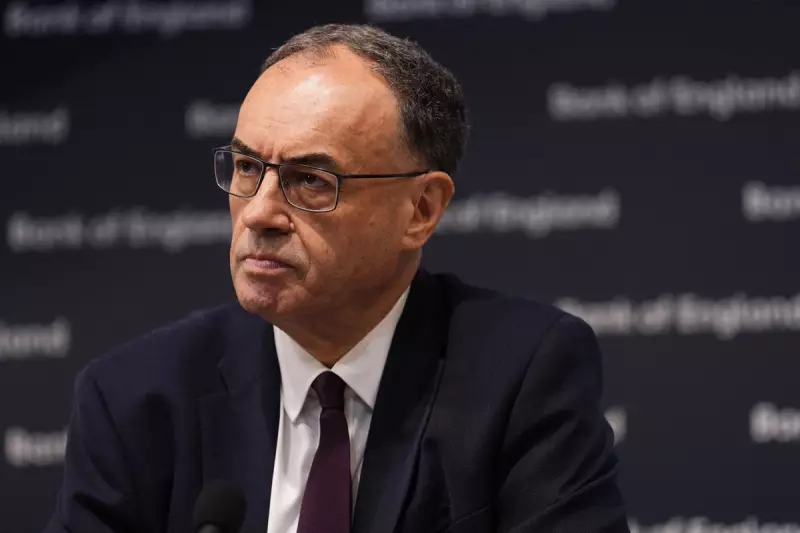
In a significant development that underscores the delicate balance between political leadership and financial independence, Bank of England Governor Andrew Bailey has issued a stark warning to Chancellor Rachel Reeves regarding political interference in monetary policy decisions.
A Delicate Diplomatic Exchange
The confrontation emerged during what insiders describe as a "frank and direct" exchange between the two powerful figures. Governor Bailey made it unequivocally clear that the Bank's decisions on interest rates must remain free from political pressure, emphasising the critical importance of maintaining the institution's independence.
The Core of the Conflict
At the heart of the matter lies the ongoing battle against persistent inflation and the appropriate monetary response. Sources close to the discussions reveal that Bailey stressed the necessity of making "uncomfortable decisions" when required, regardless of political considerations.
The Governor's firm stance comes amid growing concerns about the UK's economic stability and the challenging path ahead for managing both inflation control and economic growth.
Key Points of Contention
- Maintaining the Bank of England's operational independence
- Balancing inflation control with economic growth objectives
- Navigating political expectations versus economic realities
- Ensuring long-term financial stability over short-term political gains
Broader Implications
This public revelation of tensions between the Treasury and the Bank of England signals potential challenges ahead for economic policymaking. The exchange highlights the complex relationship between elected officials and independent financial institutions, particularly during periods of economic uncertainty.
Financial markets will be watching closely how this relationship develops, as any perception of compromised central bank independence could have significant implications for investor confidence and economic stability.





